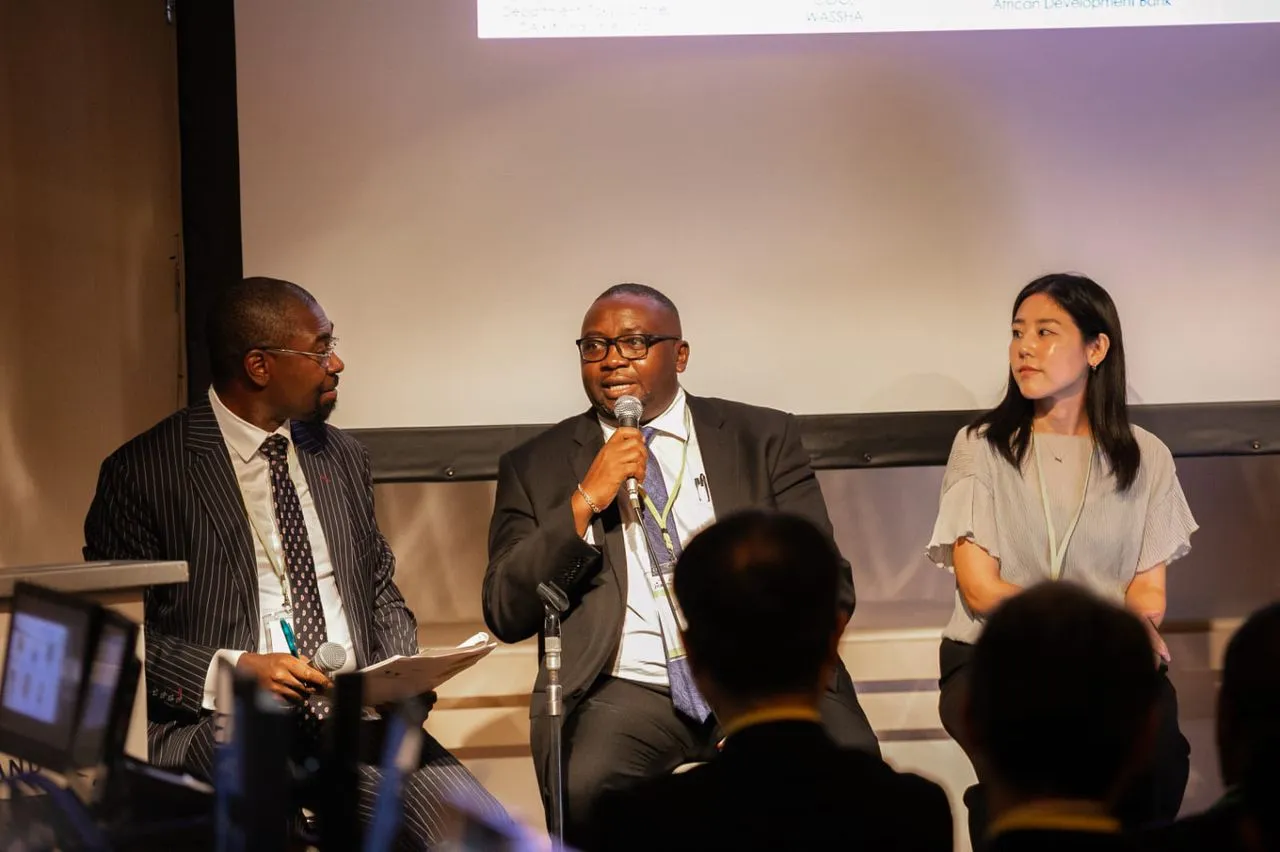
Nigeria has reaffirmed its commitment to deepening strategic alliances with Japan and other international partners during the 9th Tokyo International Conference on African Development (TICAD), which concluded in Yokohama on August 25, 2025.
Led by President Bola Tinubu, the Nigerian delegation participated in high-level discussions covering energy, infrastructure, and industrial transformation, identified as critical drivers of sustainable development.
According to the Nigerian Ministry of Energy, the country secured a $190 million loan from the Japan International Cooperation Agency (JICA) to support renewable energy projects.
In his address, President Tinubu stressed that Nigeria’s participation went beyond trade exhibitions, focusing instead on establishing “strategic and concrete partnerships for the direct benefit of Nigerians.”
He added, “Nigeria is deliberately moving from planning to execution, from agreements to implementation and from promises to measurable results.”
Energy Minister Adebayo Adelabu, part of the delegation, engaged with key Japanese companies including Toshiba, Hitachi, Japan Transmission and Distribution Corporation, and Energy Exchange Corporation. Discussions centred on transmission infrastructure, operational efficiency, and strategies to reduce network losses.
The JICA loan will complement a recently launched $750 million program with the World Bank, aimed at extending renewable electricity access to over 17 million Nigerians.
Concurrently, the Federal Executive Council approved N19.08 billion in counterpart funding to catalyse a $238 million JICA loan for the expansion of Nigeria’s national grid.
This project includes 207 km of new high-voltage lines, six new substations, and multiple line extensions.
Minister Adelabu also highlighted the recent commissioning of three power substations funded by a $32 million JICA grant in Apo (FCT), Keffi (Nasarawa State), and Apapa (Lagos), which will enhance electricity reliability for households, businesses, and industrial hubs, including Lagos Port.
In addition, the National Electrical Training Institute (NAPTIN) in Abuja received state-of-the-art equipment funded by JICA, designed to strengthen engineers’ skills and promote sustainable operations across the sector.
Nigeria’s active engagement at TICAD 9 underscores its strategic focus on energy and infrastructure as engines for economic growth, technological advancement, and improved quality of life for its citizens.



